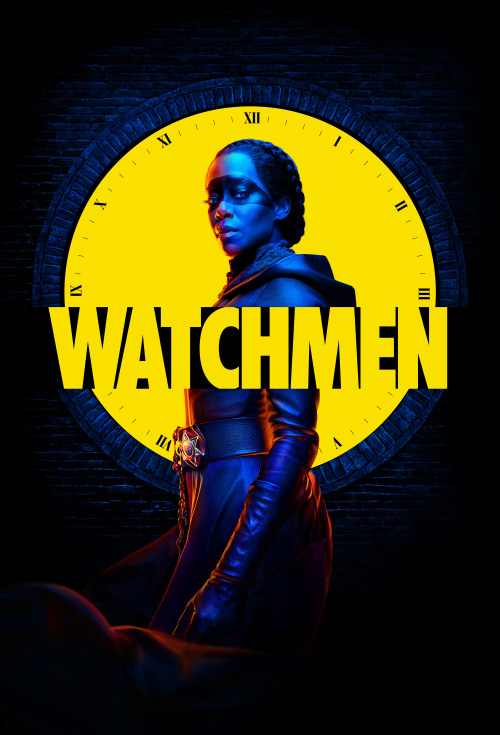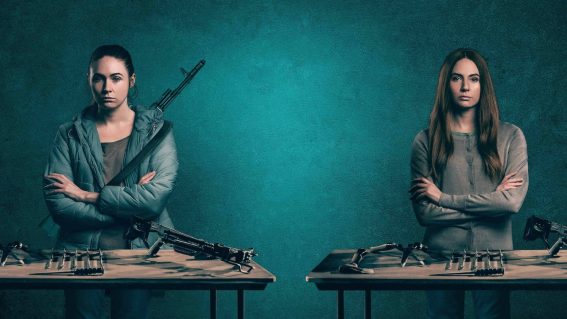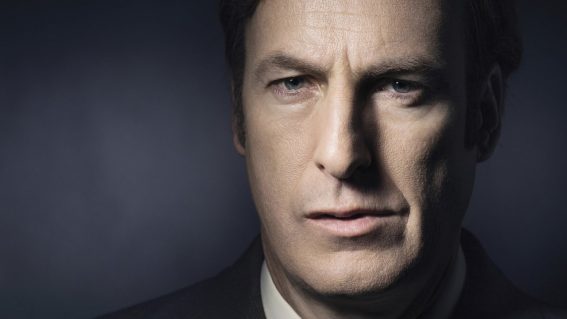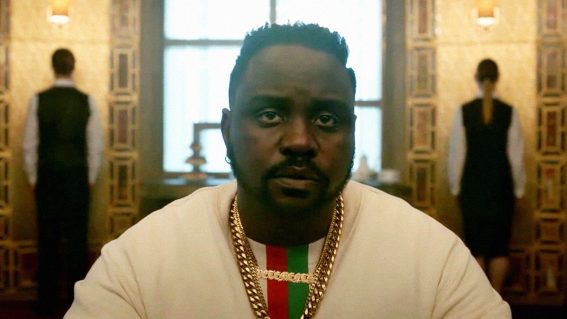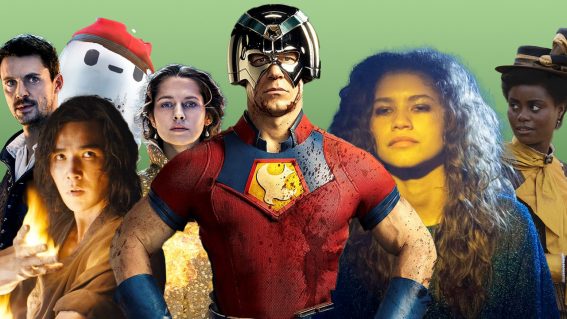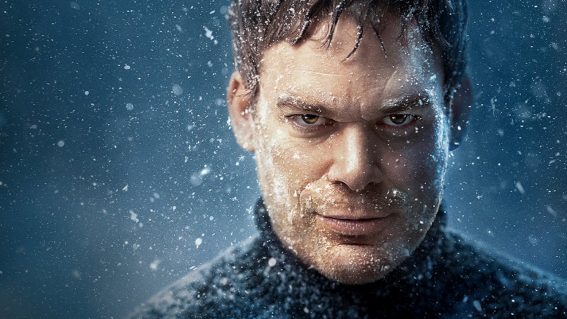New Watchmen series understands what made the original so special
Set three decades after the graphic novel, Watchmen streams on NEON Oct 21.
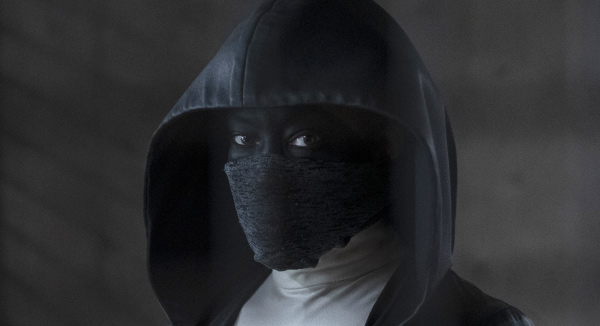
A new series inspired by the iconic graphic novel, Watchmen streams on NEON from October 21. Set in an alternate present, three decades on from the events of the graphic novel, Watchmen embraces the nostalgia of the groundbreaking original, while attempting to break new ground of its own.
The cast of the show, created by Damon Lindelof (Lost, The Leftovers), includes Regina King, Don Johnson, Tim Blake Nelson, Louis Gossett Jr., Jeremy Irons, Jean Smart and Yahya Abdul-Mateen II.
Having seen the first episodes of the series, Tony Stamp shares his thoughts on how it takes its source material in a new direction (as opposed to the supposedly ultra-faithful film adaptation a decade ago).
![]()
In 2009, for stupid reasons, I took my sister to see Watchmen. She wasn’t a comic book reader, unless you count Tintin. She’s not a fan of violence. But blinded by my love for Alan Moore and Dave Gibbons’ seminal 1986 work, I convinced myself she’d be fascinated by its heady themes, and we’d forge a new familial bond based on mutual nerddom.
She made it just over halfway, suffering through graphic limb-breaking, Leonard Cohen-soundtracked soft porn, and lots of blue dong before making a beeline for the exit. Rorschach implanting an axe in a paedophile’s head was the final straw.
I still feel guilty about it.
I remember looking around the mostly-empty IMAX theatre and seeing people who were visibly uncomfortable. A row of dudes looked at the other audience members with an expression that read ‘are you seriously going to sit through this’ before they got out of there too. In the end, I counted around ten walkouts.
I was upset. I loved the comic, and this was such a faithful adaptation! “These people are fools” said my inner voice. “They just don’t get it”.
With the benefit of hindsight, those people were not fools, and it isn’t a faithful adaptation at all. Visually it was accurate, sure. Director Zack Snyder had clinically recreated the look of many comic panels. But it was missing the soul of the original.

Watchmen is quite rightly regarded as one of the best comics of all time. According to the BBC’s Nicholas Barber, it was “the moment comic books grew up”.
Time Magazine calls it “a masterpiece so powerful it caused the entire genre of superhero comics to immediately rethink its most sacred conventions”.
It’s the only comic to win a Hugo Award, one of several Alan Moore penned that changed the medium forever (the second most notable being The Killing Joke, a direct influence on most Batman films, including this year’s spin-off Joker).
Prior to the film’s release, there was a lot of online grumbling about being faithful to the source material (which seems incredibly quaint ten years later, where tribalism and death threats define the discourse). Bourne director Paul Greengrass was tipped to direct at one point, which suggested a radical reinterpretation. But that’s not what we got.
Instead, Snyder crammed in as much of the text as he could, and abandoned all the nuance.
In Moore’s version, the superheroes aren’t actually superheroes. They’re ‘costumed vigilantes’, ordinary people who dressed up like the characters in the funny books and started punching criminals. Contrast that to the film’s opening fight scene where The Comedian punches through a wall with ease. Snyder said this was his favourite shot in the film, signaling the ways he’d perhaps missed the point.
The comic features sex and violence in ways that deepen and disturb its story. The only character with actual superpowers, Dr. Manhattan, is so removed from humanity he doesn’t see the point in wearing clothes. His nudity in the books is a character note, a background detail. Projected onto an enormous IMAX screen in startling clarity, it just read as “whoa, look: a dick! Mature, huh?!”
Alan Moore tends to grumble about people adapting his stuff. Maybe he has a point?
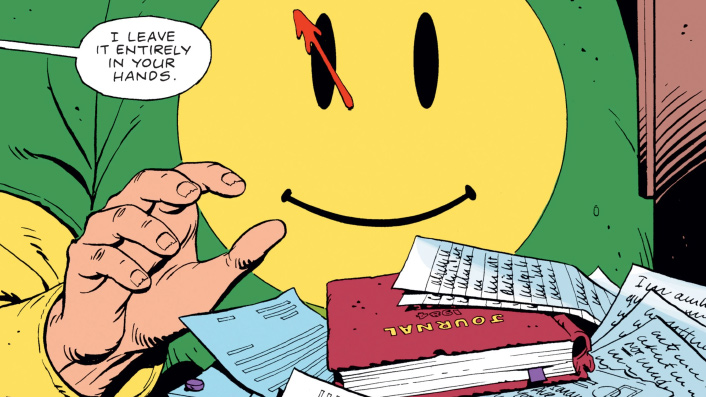
Which brings us to the new NEON show Watchmen, created by Lost honcho Damon Lindelof.
At a recent TCA Panel appearance Lindelof referred to Moore’s aversion to adaptation, saying “he made it very clear that he doesn’t want to have any association or affiliation with Watchmen”.
Lindelof went on to point out that Moore had spent much of the ‘80s writing other people’s creations, including Swamp Thing and even Superman, going on to say “if someone had told him ‘you’re not allowed to do this’, he would’ve said ‘fuck you, I’m doing it anyway’”.
“I’m channeling the spirit of Alan Moore to tell Alan Moore ‘fuck you, I’m doing it anyway!”
And done it he has. And it’s about as far from Snyder’s version as possible.
I’m prohibited from sharing plot details, but suffice it to say the series takes place in a smaller part of the Watchmen-verse than you might expect. Several characters from the comic show up, but, based on the six episodes I’ve seen, it’s a slightly more grounded story. It’s clearly made by people who love the original though. In fact, it goes to some lengths to make it clear this isn’t a sequel to the movie, it’s a sequel to the comic.
It’s also packed with details. Easter eggs, you could say. There’s the more obvious world-building, like having Vietnam be the 51st state of America (thanks to Dr. Manhattan, America won the Vietnam War), but every episode is stuffed with references and background details. Plenty of Moore’s obsessions make it across—mirror images, the Doomsday Clock, the concept of time in general, the line between order and fascism—all present.
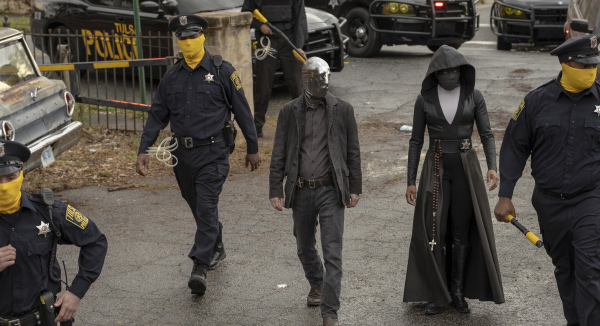
Lindelof and his writing team have a lot of fun imagining how the thirty-odd years since the comic have played out. Every car is electric, and there’s a fair bit of super-science, thanks again to Dr. Manhattan. Also, Robert Redford is President, succeeding Richard Nixon who died in office. Presidential terms have been abolished.
“What in 2019 is the equivalent of the nuclear standoff between the Americans and the Russians?” asked Lindelof during the TCA panel, referring to one of the comic’s overarching concerns. “It is race and the police.”
So, Watchmen explores this as a subset of its ideas about power and who wields it. The costumed vigilantes work in tandem with the police, who also hide their faces (I’ll leave it to the show to explain why). There’s also a league of people inspired by the nihilistic character Rorschach. They wear his mask and seem to have warped his ethos into full-blown white supremacy.
These ideas are explored with quite a bit of nuance, punctuated with the odd burst of whiz-bang action. It’s more concerned with the former though, and some of those ideas are very big ones, as they should be. When there is violence it’s of a more grounded, less gorenographic type than Snyder’s.
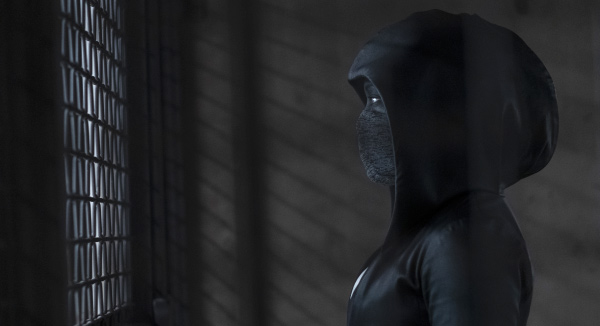
Lindelof knows he’s taking a big swing (see his heartfelt message to ‘the true fans’) but the show feels confident. It takes guts to name your first episode ‘It’s Summer And We’re Running Out of Ice’. Turns out that’s a lyric from the musical Oklahoma (the comic’s first issue title ‘At Midnight, All the Agents…’ was taken from Bob Dylan’s ‘Desolation Row’). Is that a clue of some sort? I don’t know, but the show wants you to think it could be.
Because Watchmen is a mystery, and that’s what could hook in uninitiated viewers. Lindelof emerged from JJ Abrams’ ‘mystery box’ school of writing (see Lost for further evidence) and Watchmen keeps feeding you scenes that hint at events to come. As it proceeds, a bigger picture begins to take focus, in much the same way Moore orchestrated the comics. Several instalments begin with all-new characters interacting in self-contained stories, like miniature plays, that hook you in with scant information. It’s a neat trick.
There are echoes of other televisual comic book adaptations—Legion also trafficked in non sequitur opening scenes, and Jean Smart shows up in both shows. And the way it ‘remixes’ elements of the comic reminded me of AMC’s Preacher.
Getting Trent Reznor and Atticus Ross to provide the excellent score seems like a bit of a coup, and it goes a long way to emulating the gnawing dread of the comic. And it’s here that Watchmen really succeeds as an adaptation. Watching it feels like reading the comic felt. The showrunners have honed in on a very particular sense of tone, and translated it to the screen while telling a new, somewhat smaller story. Even Moore’s wry sense of humour has plenty in common with Lindelof’s.
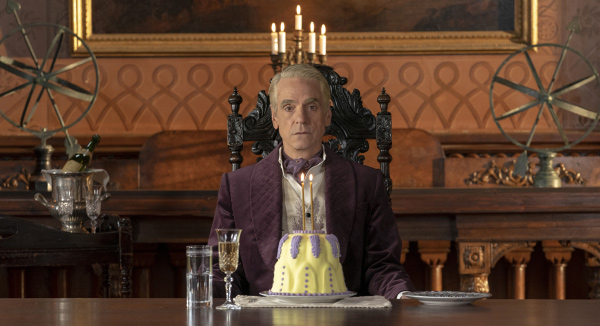
Mostly, it understands that what made the original so special wasn’t the graphic violence or male nudity (although full disclosure —71-year-old Jeremy Irons’ surprisingly ripped torso gets a good airing). It was those aforementioned big ideas, notions of power and the way humanity may have turned out differently with just a few small tweaks. That’s what the showrunners are hoping you’ll chew over in between episodes.
Frankly though, I have no idea what newcomers will make of Watchmen. It will either be hopelessly confusing or wildly intriguing. But I guarantee that the uninitiated (like my sister) won’t be driven to the exit. In fact maybe she’ll be hooked. Maybe we can build that nerdy familial bond after all.





